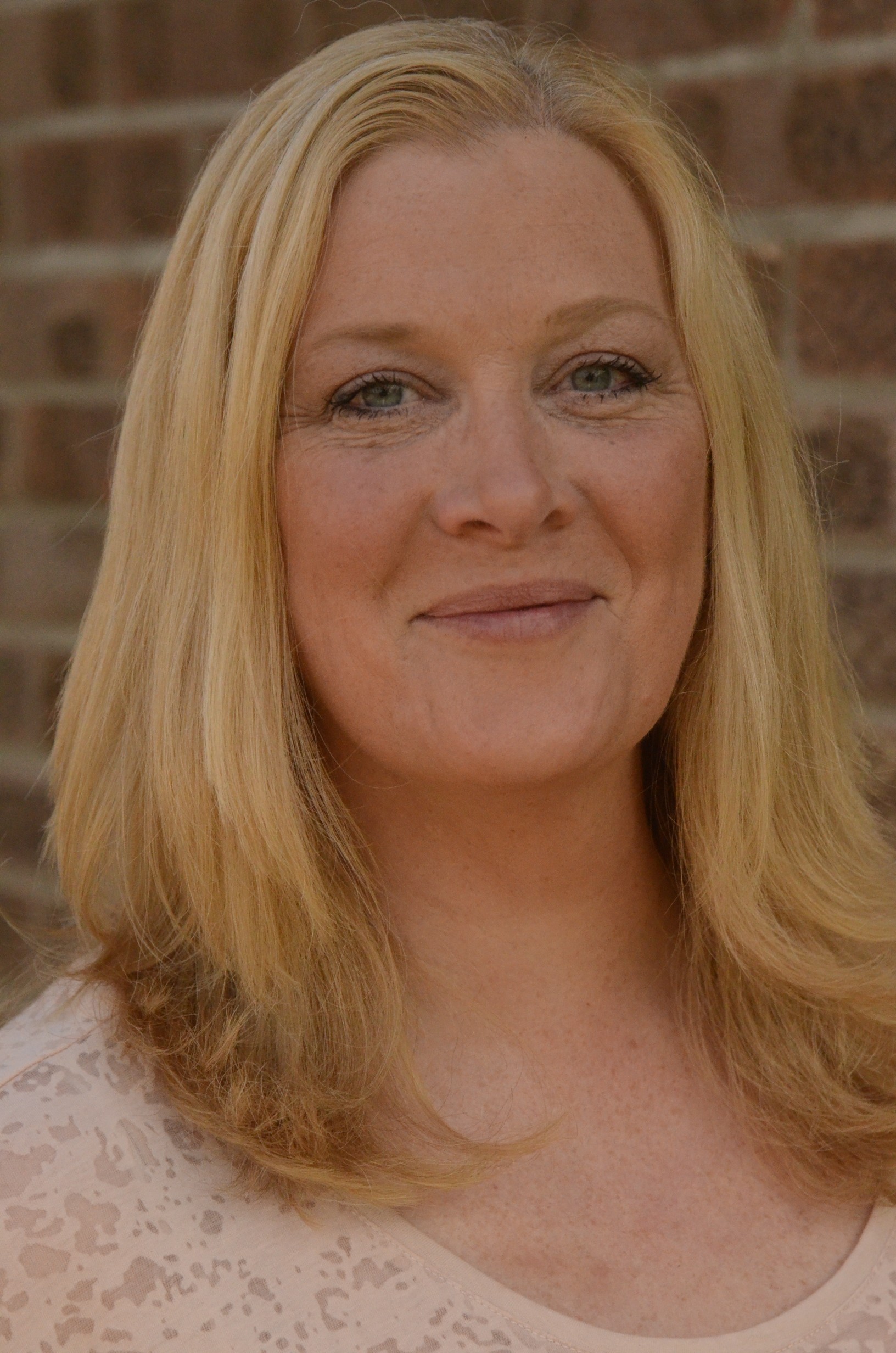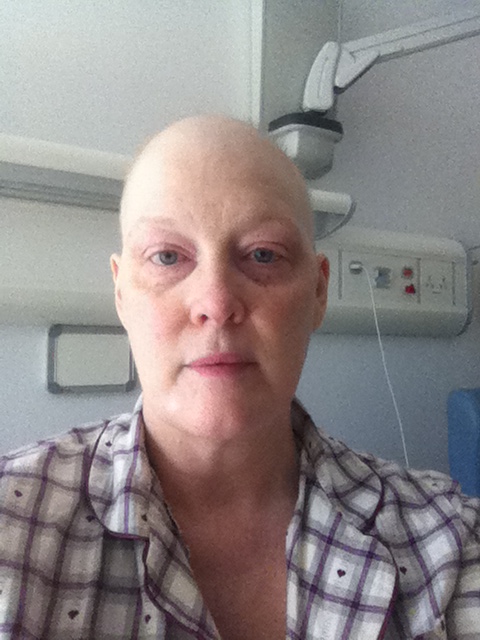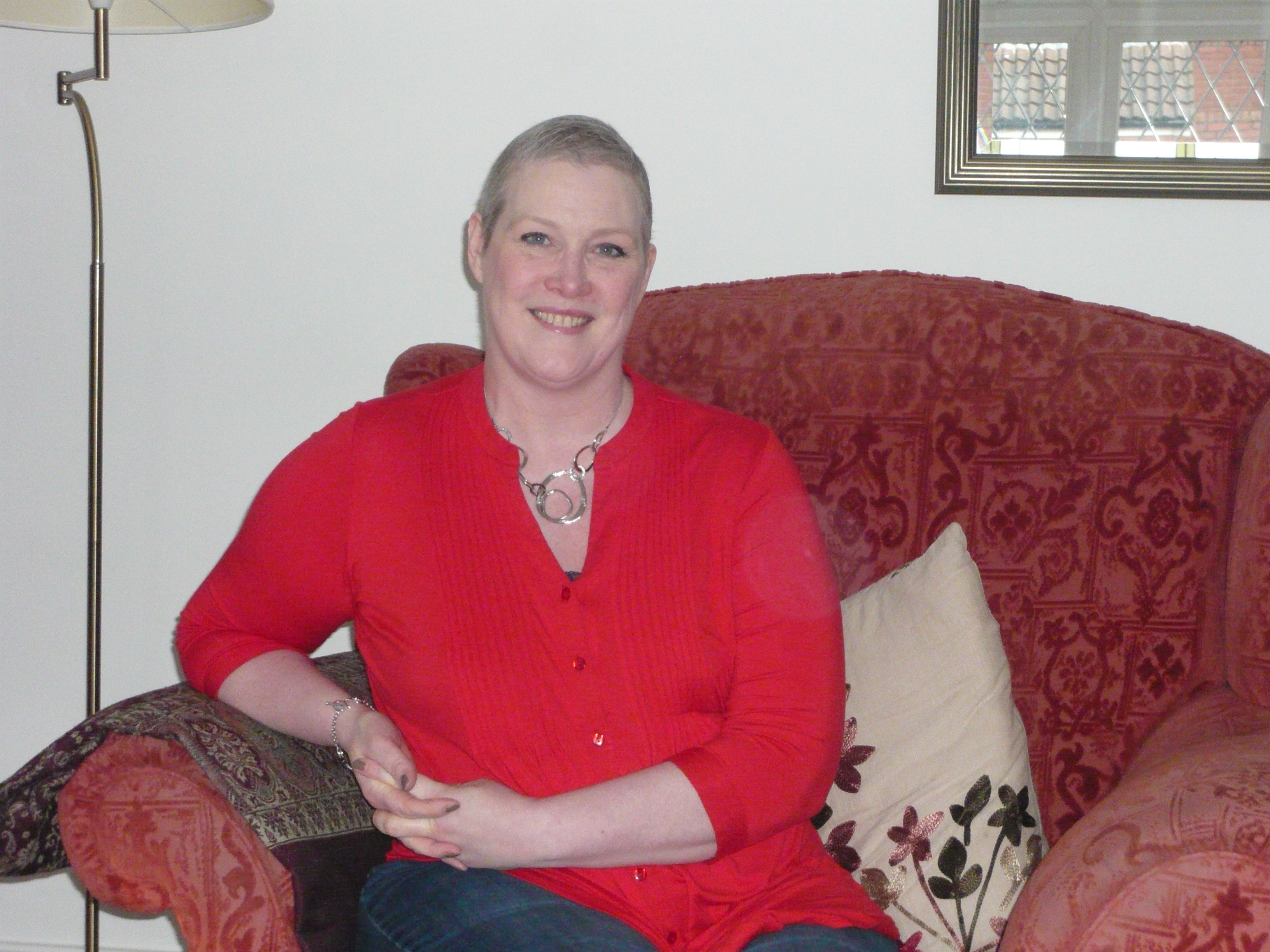On Air Now
Vicky Pattison & Adam Lawrance 4pm - 7pm
8 December 2014, 18:37 | Updated: 9 December 2014, 07:11
A breast cancer survivor from Newcastle's warning women they're at increased risk of the disease if they regularly drink alcohol.
Janet Forster from High Heaton was diagnosed with a hormone related form of the disease in 2013, which may have been exacerbated by drinking alcohol.
As a precaution she is cutting back on her alcohol intake through fear of recurrence.
The 51 year old was enjoying life after turning 50.
She'd recently returned to her native Newcastle after living abroad for a number of years and was securing regular work as an actress.
As with all women who turn 50, Janet was invited to her first breast cancer screening appointment.
However, what Janet expected to be a routine mammogram ended up completely turning her life upside down.
Pictured below: Janet pre-diagnosis
Janet, who is now 51, told Heart:
"It was just a routine mammogram, I'd had no signs or symptoms of anything being wrong beforehand. After the appointment I never thought a thing about it because I felt fine, my work was taking off and I was enjoying myself.
But one day I came running home from acting rehearsal and was getting ready to go back out for another when I received a letter. It was a thick and heavy envelope, I knew straightway something wasn't right - thick meant pamphlets and pamphlets meant bad news.
I had to go back in for another appointment and I bypassed the mammogram and went straight for an ultrasound and that's when my world collapsed."
Janet's fears were realised when she was diagnosed in November. She underwent a mastectomy and immediate reconstruction just a few weeks later at Newcastle's Royal Victoria Infirmary.
Further investigations led doctors to find the cancer had spread and Janet also had to have the lymph nodes removed from under her left arm in January this year.
She then faced a painful road ahead as she underwent chemotherapy and radiotherapy at the Freeman Hospital. A process which took its toll on Janet both physically and emotionally.
She suffered a further setback when she developed a blood clot on her heart which hospitalised her for another couple of weeks. She is now tumour-free but is still receiving Herceptin injections every three weeks, daily blood-thinning injections and daily hormone tablets.
Pictured below: Janet during treatment for breast cancer
Janet's sharing her story with other women in the North East in the hopes it will prevent them from going through what she has.
She told us:
"I wouldn't wish what I have been through on anybody. It's been horrific.
I have had a particularly bad experience because I reacted really badly to the treatment.
However, the effect on your life is far more than just being ill.
A year of my life has been taken away from me, it's impacted my finances and relationships.
It's such a big thing because it does change you as a person - physically and mentally.
My breast cancer was hormone-related but that doesn't mean it couldn't have been exacerbated by drinking. For me it's about the fear of recurrence and I don't want to go back to regularly drinking again because of the breast cancer connection. I can't go through what I have been through again.
Janet's now backing Balance's campaign - Think Twice - which encourages women to alter their drinking habits.
She says:
"This campaign is so important. It's not about telling women to never drink again, it's making them aware of this link and providing them with the information so they can then assess their own drinking habits and make changes if they think necessary."
Pictured below: Janet now after treatment for breast cancer 
It's as research shows 16% of women who drink a large glass of wine every day will develop breast cancer.
Almost six women a day are admitted to hospital with alcohol-related breast cancer in the North East.
Regularly drinking alcohol - even just one drink a day - can increase a woman's risk of developing the disease, which is the most common cancer in the UK. However, two thirds of women in the North East don't realise that the more they drink the greater their risk of developing breast cancer.